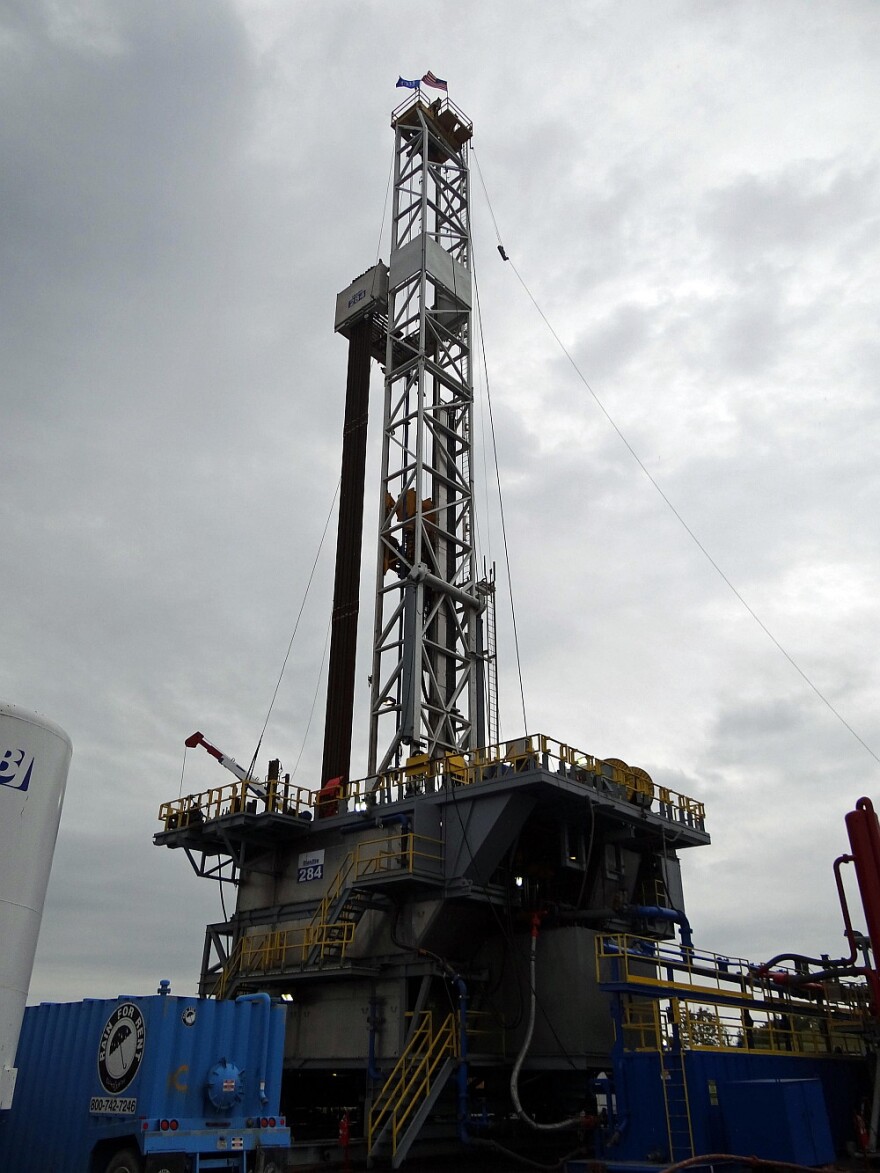New research from Duke University's Energy Initiative shows that revenue from oil and gas drilling tends to cover its costs to local governments.
Policy Researcher Daniel Raimi says the drilling boom caused an enormous population boom and demanded expensive infrastructure upgrades in the remote Bakken Oil Fields of North Dakota. But, he says, leases and taxes from the industry also increased the budgets of local governments.
More developed areas, like Fort Worth, Tex., saw less of an impact, because other major industries there contributed to the economy. That region also already had broad infrastructure in place.
But Raimi says North Carolina probably won't see the same growth or strains as North Dakota if the state lifts its drilling moratorium.
“Will we see some new costs? I would expect yes. Would we see some new revenues? I would expect yes,” Raimi says. “But the scale of both the revenues and the costs for North Carolina are likely to be smaller than what we've seen in these very rural areas that have had very large increases in oil and gas production.”
Raimi says that's because the state has a diverse economy, with many industries. There are also more roadways and lots of housing. So Raimi says the drilling industry is likely to have less of a dramatic impact on the economy of local governments here.









